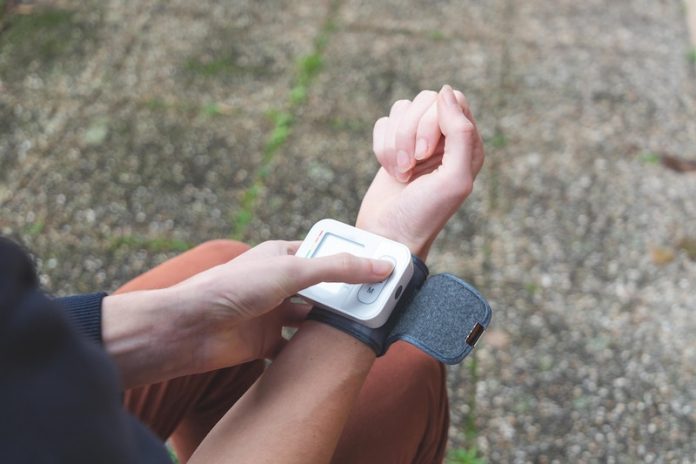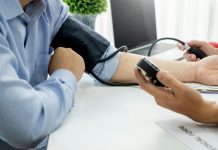
High blood pressure is a big deal and affects almost half of the adults in the U.S. If your blood pressure is too high, you’re more likely to have serious health problems like heart attacks or strokes.
Normally, doctors measure your blood pressure with two numbers, and if either of those numbers is too high, it means you have high blood pressure.
What a Recent Study Tells Us
Scientists from Rutgers University looked at health information collected from 1999 to 2018. This was part of a national survey involving over 13,000 people who were already taking medication for high blood pressure.
What’s surprising is that more than a third of these people still had high blood pressure, even while taking their medicine.
Who’s Not Responding to Medicine?
The scientists also dug into the details to see if different groups of people reacted differently to medication.
They found that young men and older women were more likely to still have high blood pressure even after taking medication.
Men in their 20s and 30s were more likely to have high blood pressure that wasn’t controlled by medicine. This difference between men and women was largest when they were in their 30s.
For people older than 40, men were still 47% more likely than women to have high blood pressure that wasn’t getting better with medicine.
However, something changes when people reach the age of 50. From this age on, men and women had almost the same chances of uncontrolled high blood pressure.
And when looking at people who are 70 or older, women actually had a higher chance—29% higher—of having high blood pressure that didn’t get better with medication. For those 80 and up, this chance went up even more for women, by a surprising 63%.
Why Should We Care and What to Do Next?
So, why does this matter? Well, it shows that we need to pay more attention to high blood pressure, especially in young men and older women.
We also need to do more research to understand why medicine isn’t working for these people.
What Puts You at Risk?
A few things make it more likely you’ll get high blood pressure. As you get older, your risk goes up. If your mom, dad, or grandparents had high blood pressure, there’s a good chance you might get it too.
Some racial and ethnic groups, like African Americans and Hispanic Americans, are also at higher risk. Men are usually more likely to get high blood pressure than women, but for women, the risk goes up after menopause.
Your lifestyle plays a part too. Eating too much salt, not exercising, being overweight, and smoking can all make high blood pressure more likely.
Also, if you have certain other health problems like diabetes, kidney disease, or sleep issues, you’re at higher risk. Stress can also make your blood pressure go up.
Taking Steps for Your Health
Even though you might not feel sick, high blood pressure can be doing harm. So, it’s important to get your blood pressure checked regularly, especially if you have any of the risk factors mentioned.
If you’re concerned, talk to a doctor. They might suggest changes like eating healthier, exercising more, reducing stress, or taking specific medication. By taking action, you can better look after your heart and your overall health.
If you care about high blood pressure, please read studies about how fasting may help reverse high blood pressure, and the best foods for lowering high blood pressure naturally.
For more information about high blood pressure, please see recent studies about 5 medicines to treat high blood pressure, and results showing many people with high blood pressure may take a drug that actually makes it worse.
Follow us on Twitter for more articles about this topic.
Copyright © 2023 Knowridge Science Report. All rights reserved.



